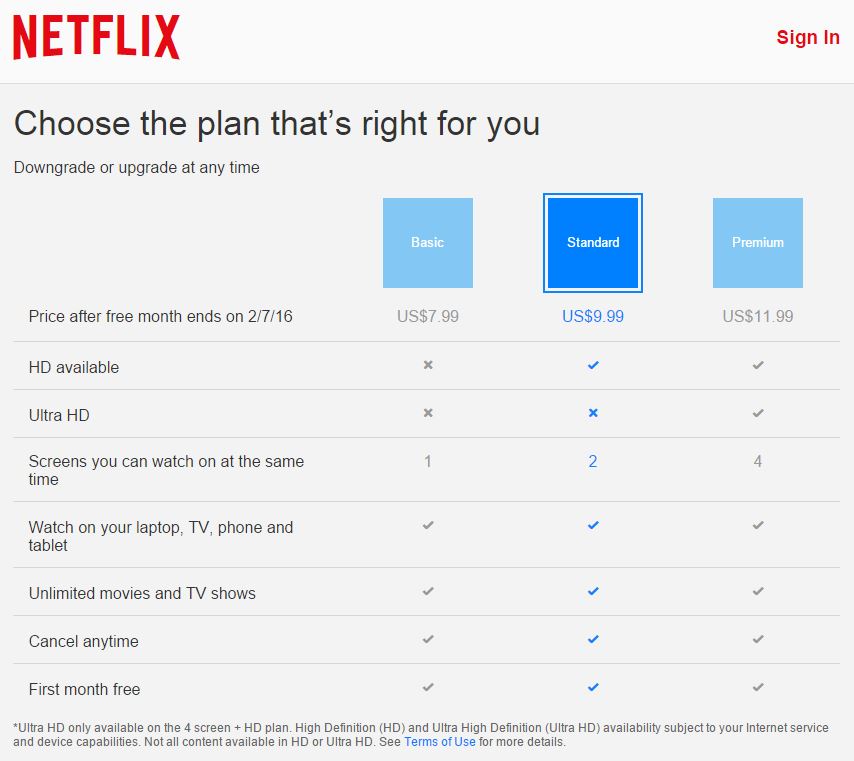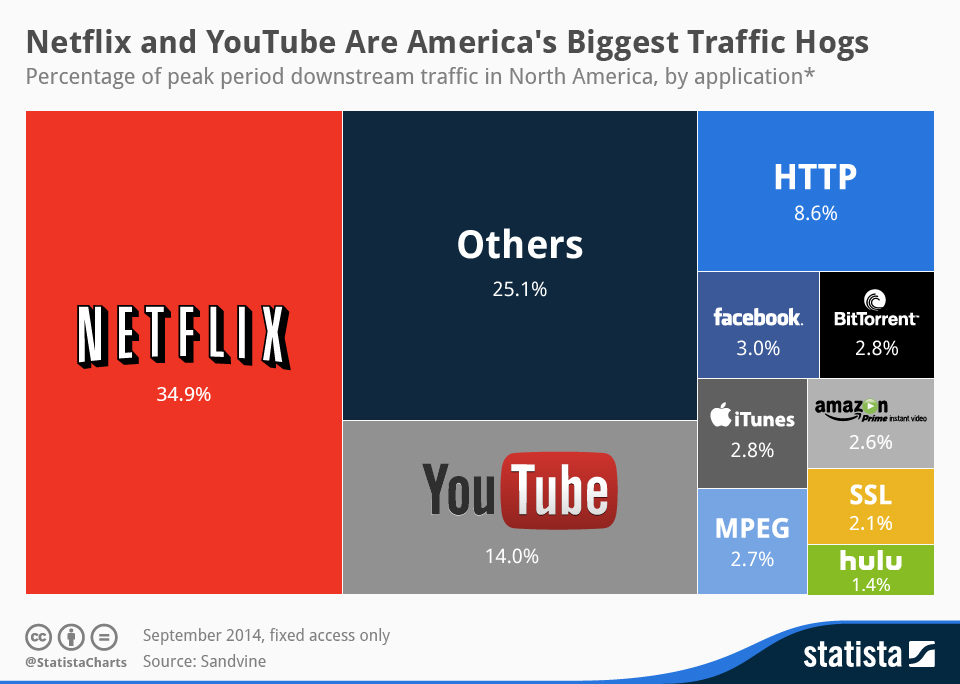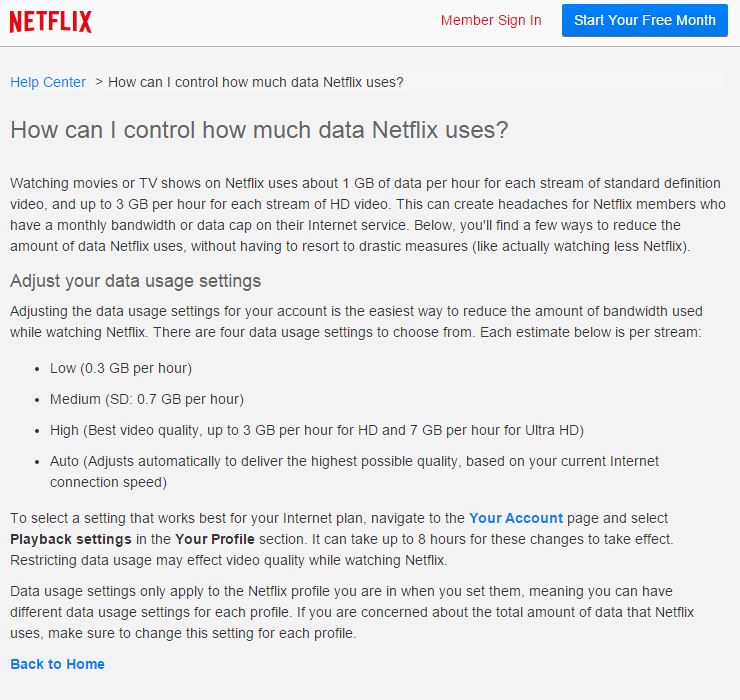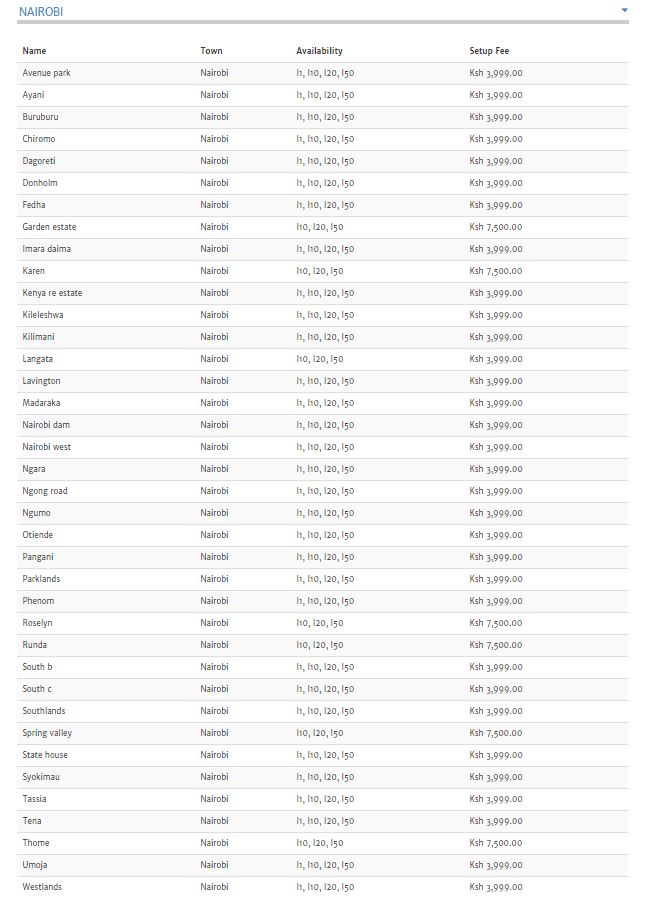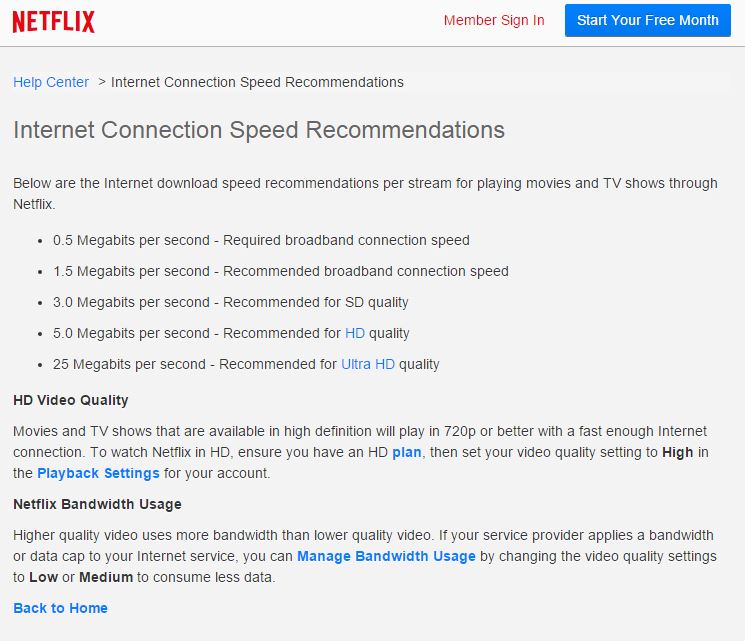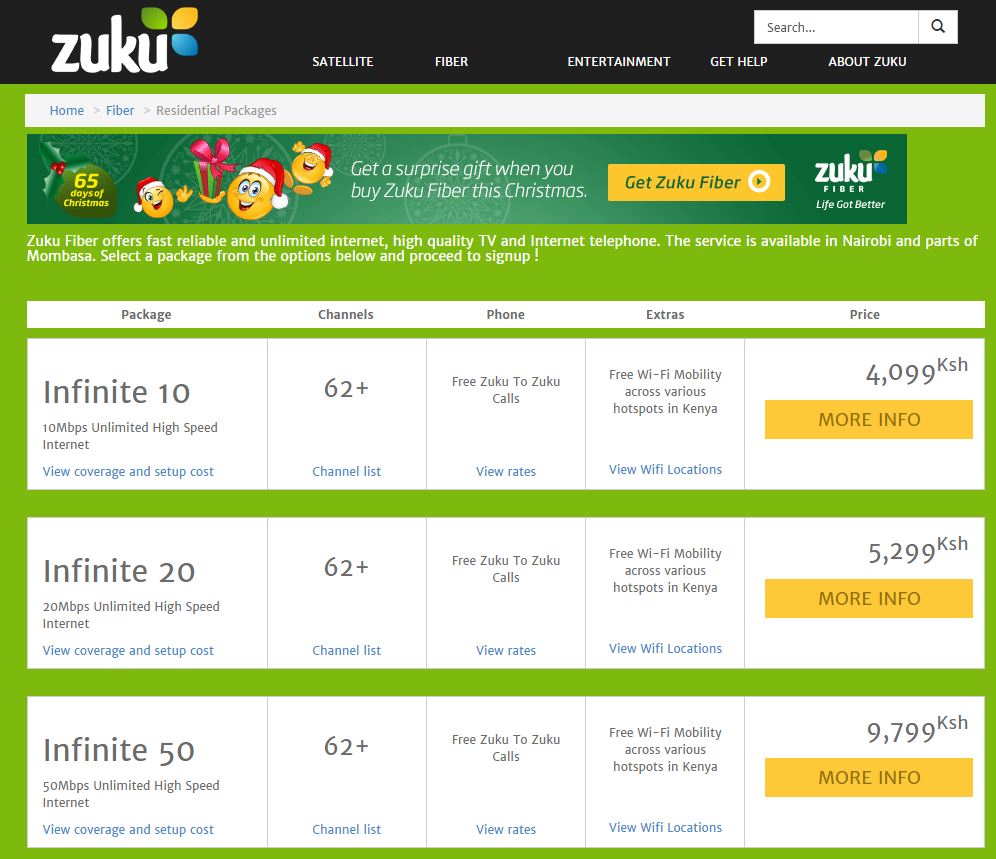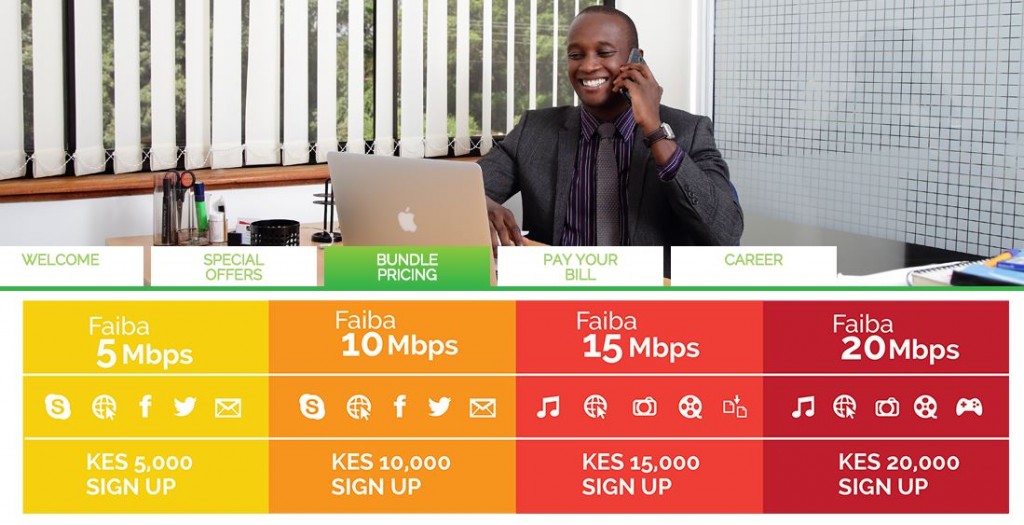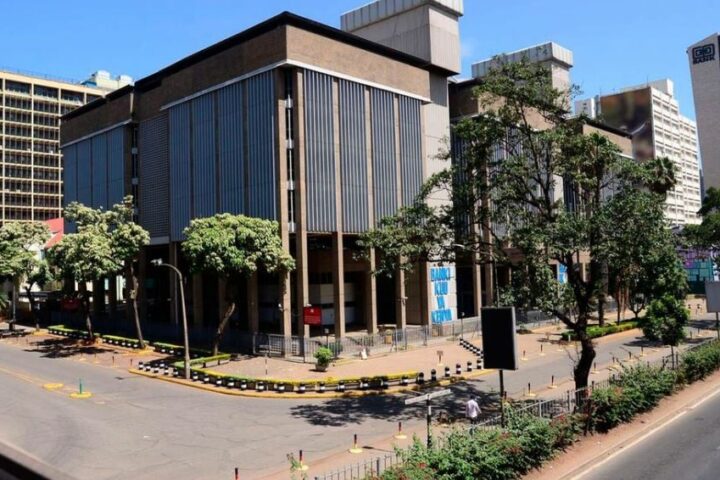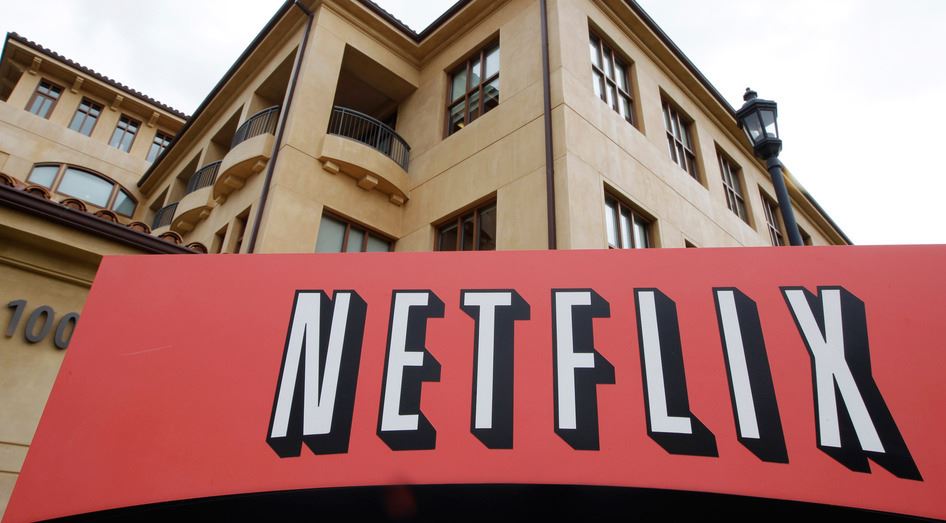
Now, the US streaming giant is available in almost all countries including Kenya. For a little over Sh800 a month, you can access the basic plan, whose downside is only lack of HD – that would be okay for many. Every new customer gets a free trial month upon signing up.
Kenyans on Twitter are not the type to be left behind, and the whole of yesterday, #NetflixInKenya was trending.
But even with the launch, fundamental questions have to be asked. Just how many will pay for the subscription and can our internet infrastructure support Netflix.
For several years now, Netflix has been the single biggest driver of internet bandwidth in the US, accounting for 35%. It’s closest rival and no. 2 on the bandwidth guzzlers list, is YouTube, which only accounts for 14% of downstream usage.
These stats tell you two things
1. Netflix is insanely popular in the US.
2. Netflix will not be friendly to your bundles.
As per their own figures, 1 hour of streaming consumes 300mb for the lowest resolution (trust me you don’t want this), and upto 7GB for the highest resolution.
To put that into context, if you went with the medium resolution of 700mb per hour, you would spend at least Sh300 per hour to stream with Safaricom bundles. Actually, that is assuming you bought bundles in bulk (30GB at Sh9000).
Since most Kenyans buy bundles in small quantity, the price to stream goes up really quick. It’s a little cheaper if you have the Big Box decoder, but still very uneconomical.
In short, try streaming a movie in HD and your bundles will be gone before you can say Eurobond.
You may think of Airtel’s Unliminet, but that’s not any better. After exhausting the 2 or 6GB provided, your device can barely open firefox.. just kidding. But it barely opens Google search (a very light page).
Orange too has an unlimited plan, but it’s the same story as Airtel. They cap your speeds after reaching 20GB for the monthly plan.
Now, if you plan on streaming on Netflix for a minimum of 4 hours a day, consuming more than 4GB per day, what are your options?
Most Kenyans fall into the category of NO options.. which means to them Netflix will continue to be a big rumour. A very small % of us however live in parts of the country that have Fibre… either Faiba or Zuku fibre.
Remember having Zuku satellite does not mean you are ‘Netflix-ready’. Satellite is available everywhere but their fibre service has only reached a few places.
If your estate does not appear in this Zuku fibre coverage list, you are most likely not ‘Netflix-ready’. (Perhaps it needs a little updating)
Faiba is in a few more towns, but we could not get a proper coverage list from their website.
Once you have your house connected to whatever fibre, you then decide what package to buy. This is the official internet speed recommendation from Netflix.
Those are basically the bare minimum. If your WiFi will be used by more than one device, you’ll do well to double the recommended speeds. Otherwise your stream will not stop buffering, or all other internet use will be interrupted.
Zuku’s cheapest plan offers 1Mbps, but this will not be an option for Netflix. Their 10 Mbps plan is however quite sufficient. It goes for Sh 4099 a month and also comes with some TV stations plus free Zuku to Zuku calls.
Faiba is much more expensive than Zuku, offering 5Mbps for Sh5000. (For nearly the same price you get 20Mbps on Zuku).
Also, unlike Zuku, Faiba does not provide TV stations meaning you’ll need a separate provider.
Clearly, your best bet in this case is Zuku.
On top of the fibre package price, there is the Sh800 or so Netflix subscription.
Some people have suggested that DSTV are wetting their pants trying to figure out how to deal with this Netflix thing. I can assure you those reports are greatly exaggerated. The number of Kenyans who have access to a fibre solution is way too low. In any case, Netflix will most likely be used side by side with existing TV packages and not as a substitute.
